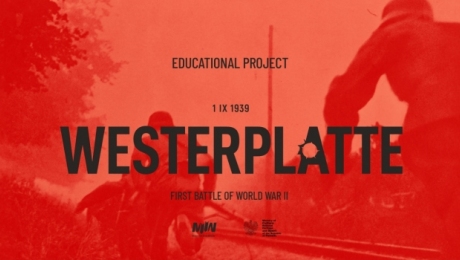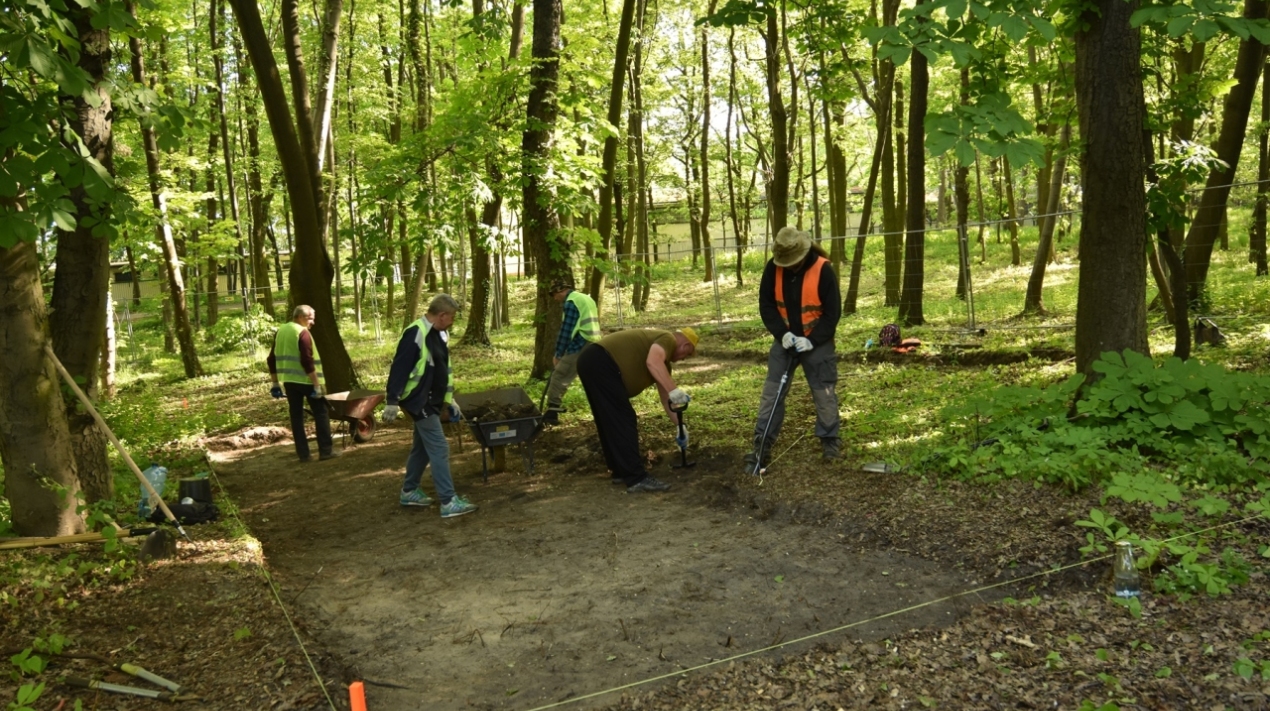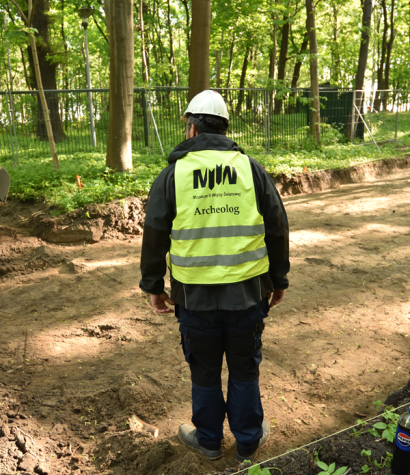THE NEXT STAGE OF ARCHAEOLOGICAL RESEARCH ON WESTERPLATTE BEGINS!
As part of the XI stage of work on Westerplatte, from May 10th, 2024, for the next six months, archaeologists from the Museum of the Second World War in Gdańsk (MSWW) will be uncovering the secrets still hidden beneath the peninsula's soil. They will continue the search for the remains of Legionnaire Mieczysław Krzak, who was most likely at an observation post near the breakwater at the time of his death, in front of the ‘Fort’ outpost.
Researchers will also return to the vicinity of the power plant building, where the position of the Polish field gun, known as the Putilov gun, is located. Simultaneously with the search, work will be carried out related to the investment in the construction of the Westerplatte and the War of 1939 Museum branch in the area running from the Polish Army Soldiers' Cemetery to the position of the new barracks. Archaeologists expect to uncover architectural relics of structures that were established during the former resort’s operation and later adapted to the needs of the Military Transit Depot, including the remains of a garden gazebo converted into a field chapel.
The planned research area will total over 2000 square meters. The work is scheduled to continue until early November 2024.
To date, within the framework of ten stages of research conducted on Westerplatte, an area of 7512.4 square meters has been thoroughly examined, and over 13.5 hectares of land have been cleared of explosive and dangerous military-origin materials. Archaeological supervision has also been carried out over the construction of the Polish Army Soldiers' Cemetery, the modernization and adaptation of the former power plant building for exhibition purposes, and the construction of a tourist service point within the Military Transit Depot area. As a result, over 82,000 artifacts have been acquired, including 32,000 items of significant historical, exhibition, and scientific value, illustrating the turbulent history of the peninsula from the mid-17th to the 20th century. A significant portion of the collection consists of items related to the service of Polish soldiers on Westerplatte and the battles fought during the defense of the Military Transit Depot.
















